The vegan movement--and its older cousin vegetarianism--have been with us for a very long time. Many historians trace its beginnings back to the ancient Greek philosopher, Pythagoras, who wrote about vegetarianism in about 500 BC. He wrote that human beings should not cause pain to other animals. From his perspective, this idea was one that was rooted in the concept of animal rights. And this was long before factory farming and animal slaughter houses came into our lives. Hinduism. Buddhism and Jainism took a similar position. The 18th century English philosopher Jeremy Bentham wrote that animal suffering was just as morally unacceptable as human suffering and compared it to racism.
Closer to our time, in 1944, Donald Watson, an English woodworker, decided that because vegetarians ate dairy and eggs, that this was also an ethical problem. He coined the term "vegan" to define those who abstained from these common foods. He noted that veganism was also a key to preventing tuberculosis and other diseases. Today veganism is on the verge of going mainstream. No longer just a fringe phenomenon, veganism appeals to larger numbers of people than ever before who avoid consuming animal products for both ethical, environmental, and health reasons. Many celebrities are well-known advocates of veganism; the attention they receive from their fans and the media provides them with a public platform for their views. Rock and hip-hop royalty like Chrissie Hynde of the Pretenders, Russell Simmons, founder of Def Jam Recordings with Rick Rubin, singer-songwriter Alanis Morissette, and alt-rocker singer-songwriter Jason Mraz have championed veganism very publicly.
Hynde grounds her vegan lifestyle choice in her passionate belief in animal rights. In 2010, she told The American Vegan, in an exclusive interview, “For me, it’s about [the animals] health. If I get any [nutritional] benefits from not killing them, I guess that’s a bonus.” In an earlier interview with another publication, she stated: “The meat industry spends hundreds of millions of dollars lying to the public … but no amount of false propaganda can sanitize meat. The facts are absolutely clear: Eating meat is bad for human health, catastrophic for the environment, and a living nightmare for animals.”
Russell Simmons, the hip-hop mogul, fashion entrepreneur, and long-time yogi, has been a devoted vegan for nearly 20 years. “Well, it started with my yoga practice and you know, the practice of non-harming, ahimsa,” he told Al Roker of the Today Show. “So, I became a vegan because [of] compassion [for] the animals. The vegan diet was being discussed around me all the time, so finally,” Simmons said, “I just made the choice.” His book, The Happy Vegan,” has been finding an audience and he has become a leading spokesman for the movement. Roker and Simmons met at a vegan restaurant for an interview and Roker, a meat-eater, was impressed. After the meal, which concluded with vegan cake and ice cream, both were stuffed. “That's insane,” said Roker. “Wow!”
In a recent interview, Alanis Morissette said that she’s very choosy about food because of health concerns. She had a history of eating disorders, and she is very careful about what she eats. After recovering from her food disorders, she switched to a vegan avatar online. She admits that she is not 100% vegan. She eats some non-veg food too. She eats seafood on occasion. In an interview, she once said that on a percentage scale, she’d rate herself around 80% vegan. The remaining 20%? Oysters and fish.
Jason Mraz, a contemporary hit-maker, has also embraced veganism. He said in a recent interview, “The thing about my diet is I don't put a lot of stress on it. I eat raw probably 75 percent of the time. I just can't deny myself warm food, like soup or roasted vegetables, from time to time.” Later in the interview with The Vegetarian Times, he said, “I just think it's necessary to find an alternative solution so we can have less of an impact on our community. If everybody does their part, it makes life really nice. He's a partner in Cafe Gratitude, a group of five vegan-style restaurants that serve dishes with names like "I Am Open-Hearted" (gluten-free pancakes) and "I Am Vivacious" (baked kale chips). Mraz avoids alcohol but smokes weed after 4 pm.
Vegan food establishments are increasingly easier to find worldwide. On the other end of the spectrum, popular food writers like Michael Pollan, who calls for limiting the amount of meat we eat, have advocated “flexitarian” diets as a step on the path that makes the transition easier, hoping to find a middle ground that at least is better than a world dominated by factory farming. On his website’s FAQ, he describes his support for vegetarians and vegans, this way:
“I have the ultimate respect for vegetarians and vegans. For they have actually done the work of thinking through the consequences of their eating decisions, something most of the rest of us have not done. My own examination of those consequences has led me to the conclusion that eating a small amount of meat from certain kinds of farms is something I can feel good about. But we all have to decide this question for ourselves, and different people will come to different conclusions, depending on their values.”
It’s estimated that 6% of the population is now vegan or eat meatless diets, so some 16 million Americans are now thought to be vegan or close to it. Their number is growing rapidly. This is likely only the beginning of a change in consciousness that will affect the general population, much as the environmental movement became mainstream in the 1970s after activists began to make the case for environmentalism in the 1960s.
The transition to becoming a strict vegan can be difficult for many, but Brigitte Gemme, a busy mother of two “who tries to feed her family as many home-cooked, made-from-scratch vegan meals as possible” and writes about learning to live the vegan lifestyle, offers some helpful advice in a guest post for The Minimalist Vegan:
Unfortunately, it was only in my mid-30s that I became truly aware of the many uncomfortable truths of animal agriculture. I was raised on a farm, so I knew where meat and dairy came from. It took me two years of breastfeeding my own child to start seeing things from the cow’s point of view. As a bike commuter and mindful consumer, I previously thought I lived an eco-friendly lifestyle. I am grateful to have stumbled upon a few philosophers who forced me to reconsider my definition of a good citizen… and to the cookbook authors who taught me to feed myself differently.
Except that my food game was now a lot more complicated than 10 years earlier. I was the primary home cook for my foodie husband and my growing toddler. Up to that point, my husband had enjoyed cooking. He prepared a meal or two every week, but they were always meat- or fish-centric. I felt that, if I wanted us to eat all plants, I would have to take control of the kitchen. As for my 2-year-old, her favorite foods were rare steak, lamb curries, and plain yogurt. What would she eat now? My gourmet daughter was not impressed with “chickn” nuggets and other meat substitutes. I commend those new vegans who like [friends] Michael and Masa go 100% plant-based overnight, but it is certainly not how it happened for us. For almost two years, I progressively eliminated meat, dairy, and eggs from our family meals. I am not sure what I feared, but I did it stealthily, without talking about it. Oddly, nobody noticed, so I grew bolder. We ate a lot of chickpeas and I discovered that my daughter enjoyed raw tofu. Really. I started opting for the veg option at restaurants, and my husband enjoyed it too at times. So far, so good.
Some celebrities may see claiming to be vegan as a way of being trendy, but there is no escaping that the plant-based diets are gaining acceptance, endorsed by ethicists, activists, many health professionals, and ordinary people from all walks of life. It’s no surprise that it has become much easier to find vegan choices in restaurants and supermarkets. Even pizza chains are beginning to offer vegan alternatives. We could not have imagined this happening 70 years ago.
Since 2009, the numbers of people who are vegetarian has doubled, according to onegreenplanet.org. Half of these are vegan, which means that over 7.5 million Americans now consume no animal products. They have taken meat off their menu. 33% of all of us have made the choice to eat vegan or vegetarian meals more often, even though we are not (yet) vegan or vegetarian. The article tells us that “over 100 million people or one-third of the country are consciously choosing more plant-based foods! With mounting evidence that abstaining from animal products may be a key ingredient to good health, this number can only be expected to grow.”
These numbers may represent an epiphany, which is defined as “a sudden realization about the nature or meaning of something that often comes about due to some experience that may trigger an understanding about the nature or meaning of something.” That something, in this case, is the recognition that a change in the way we produce our food and what we eat is long overdue.


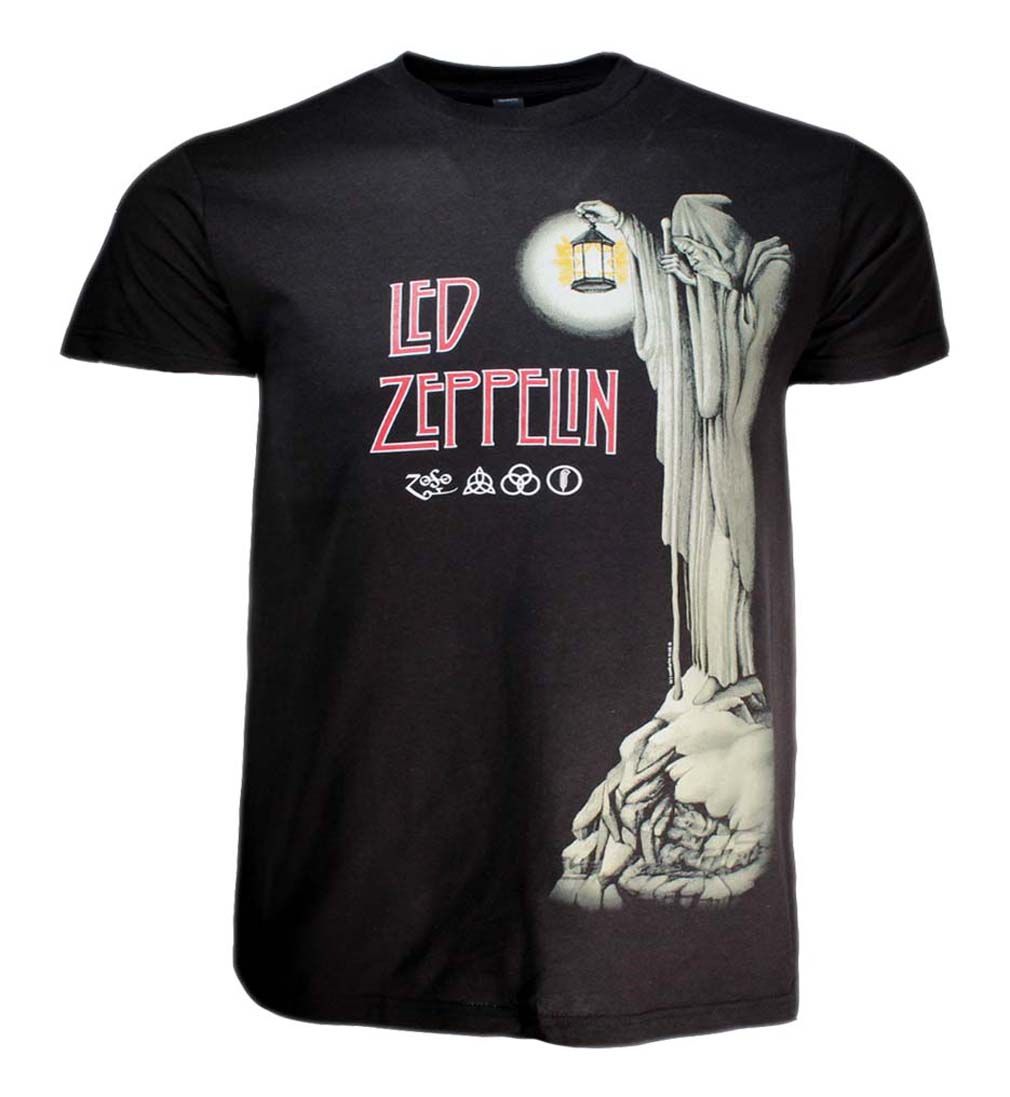

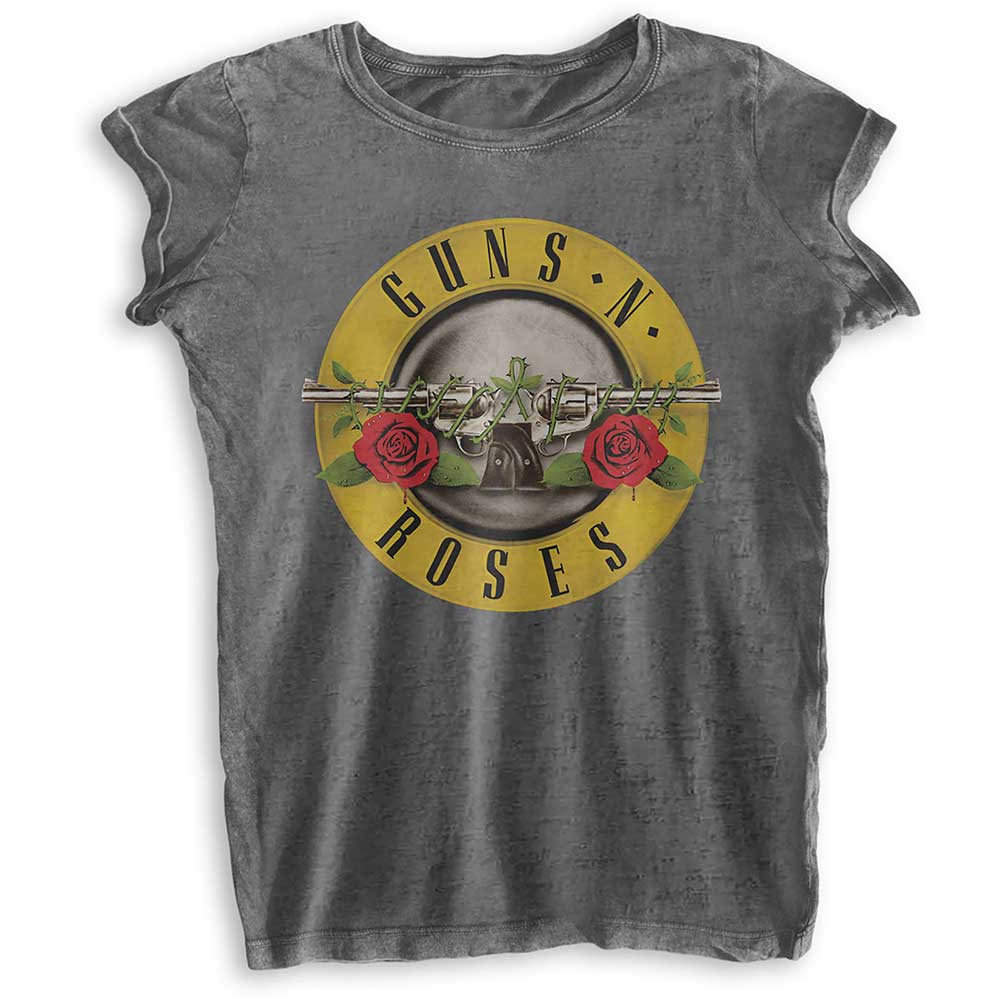
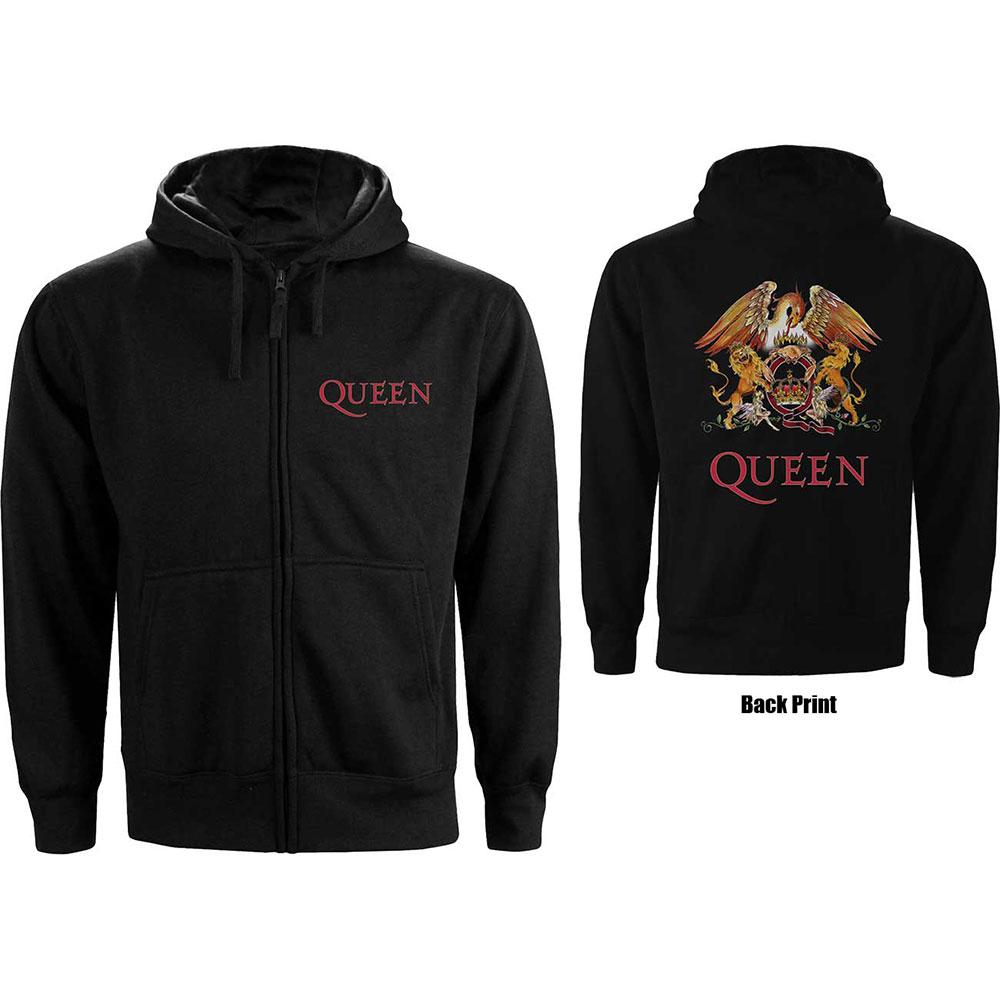
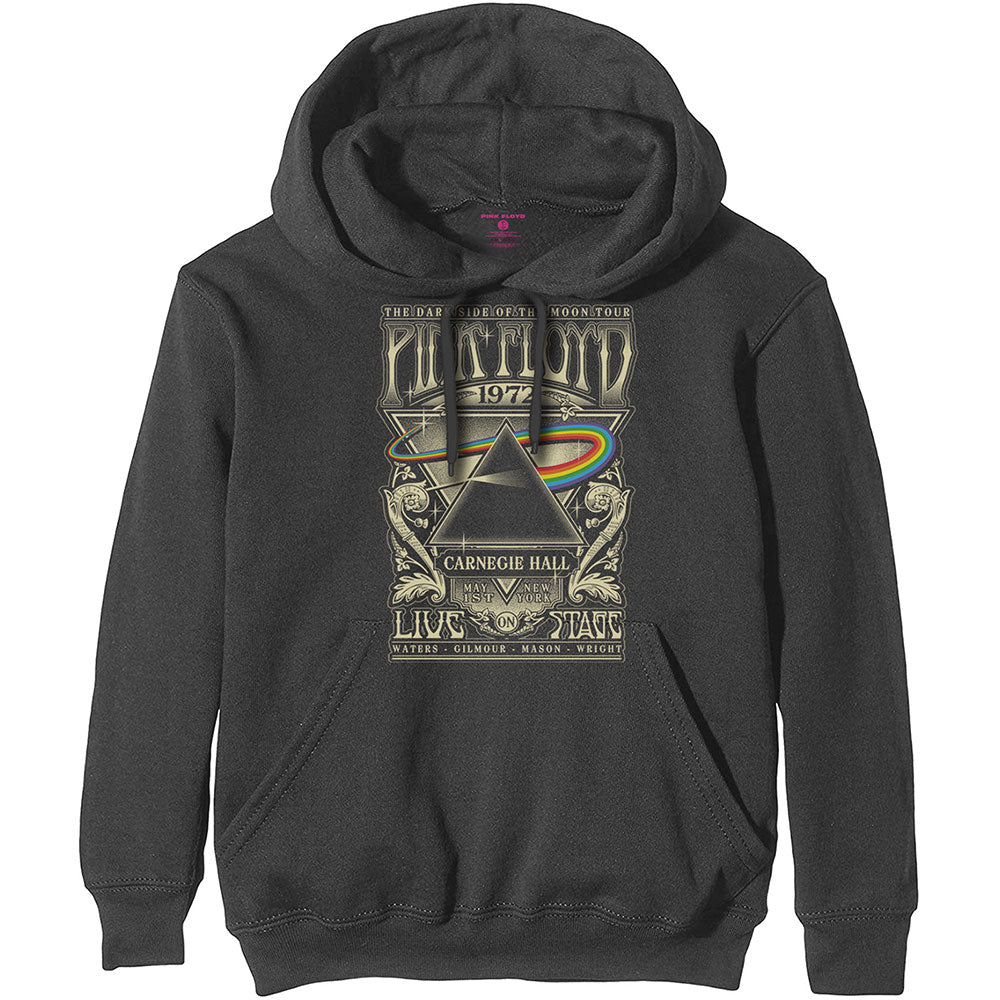

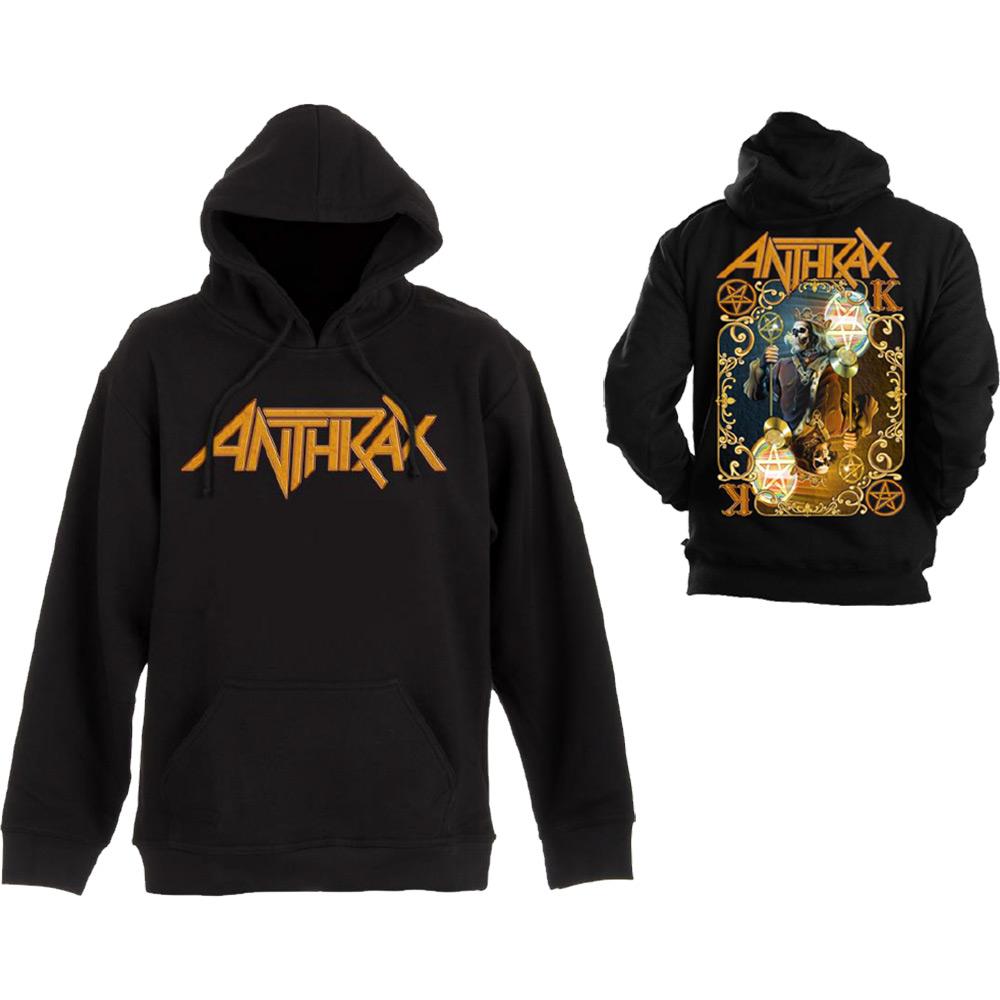



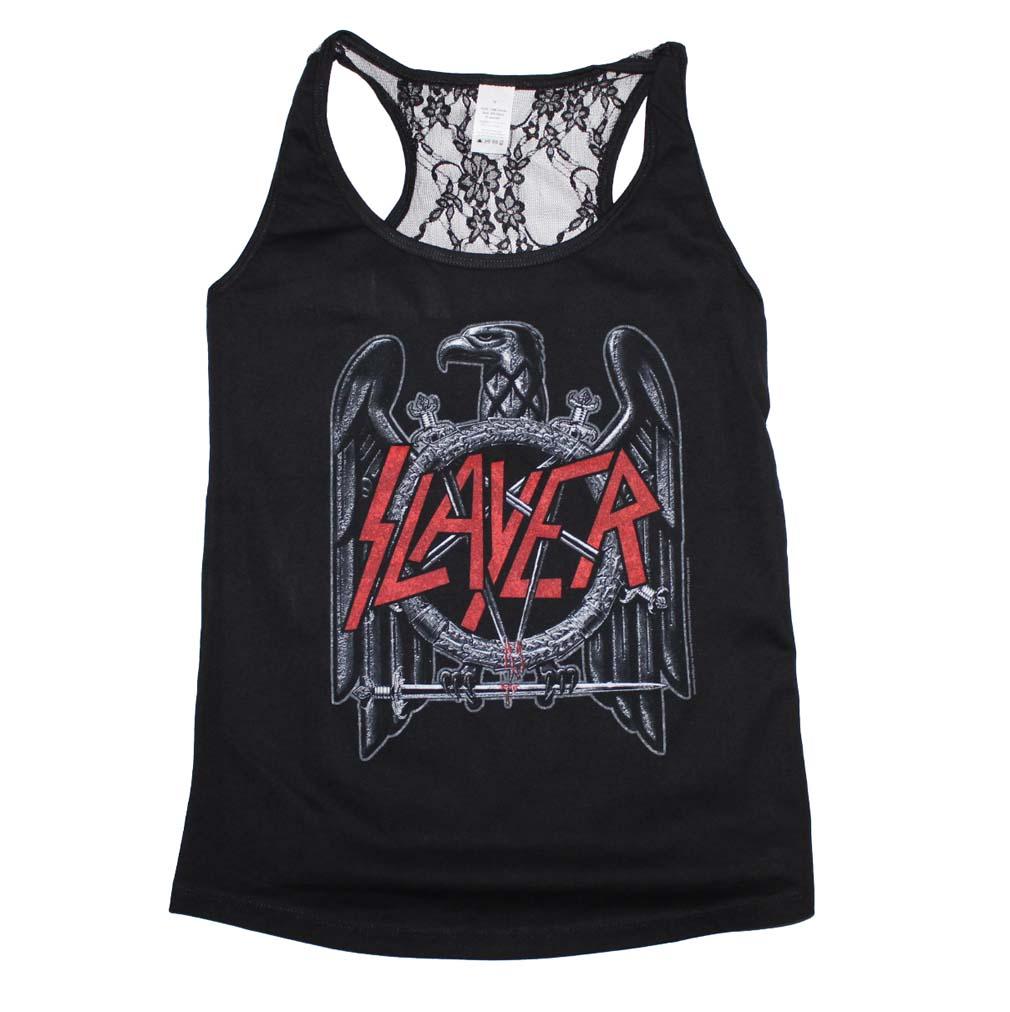


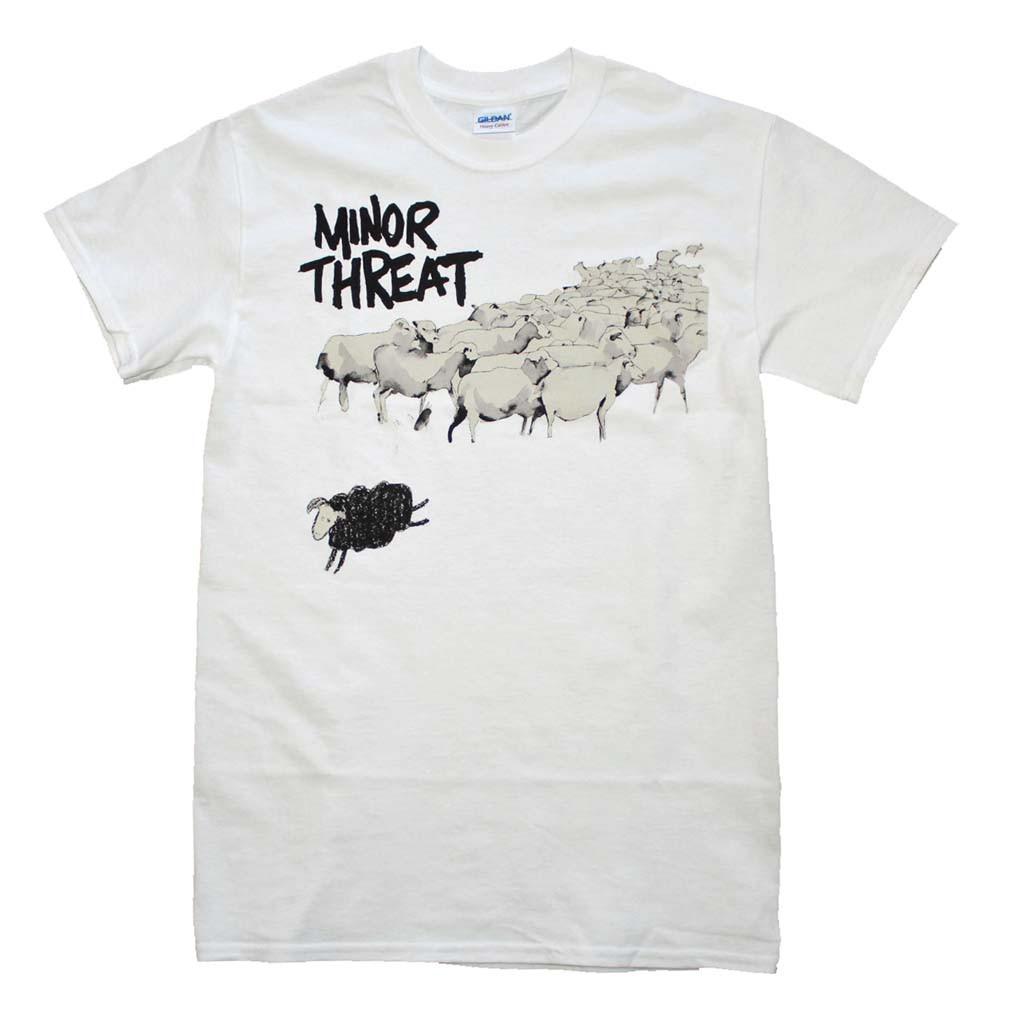
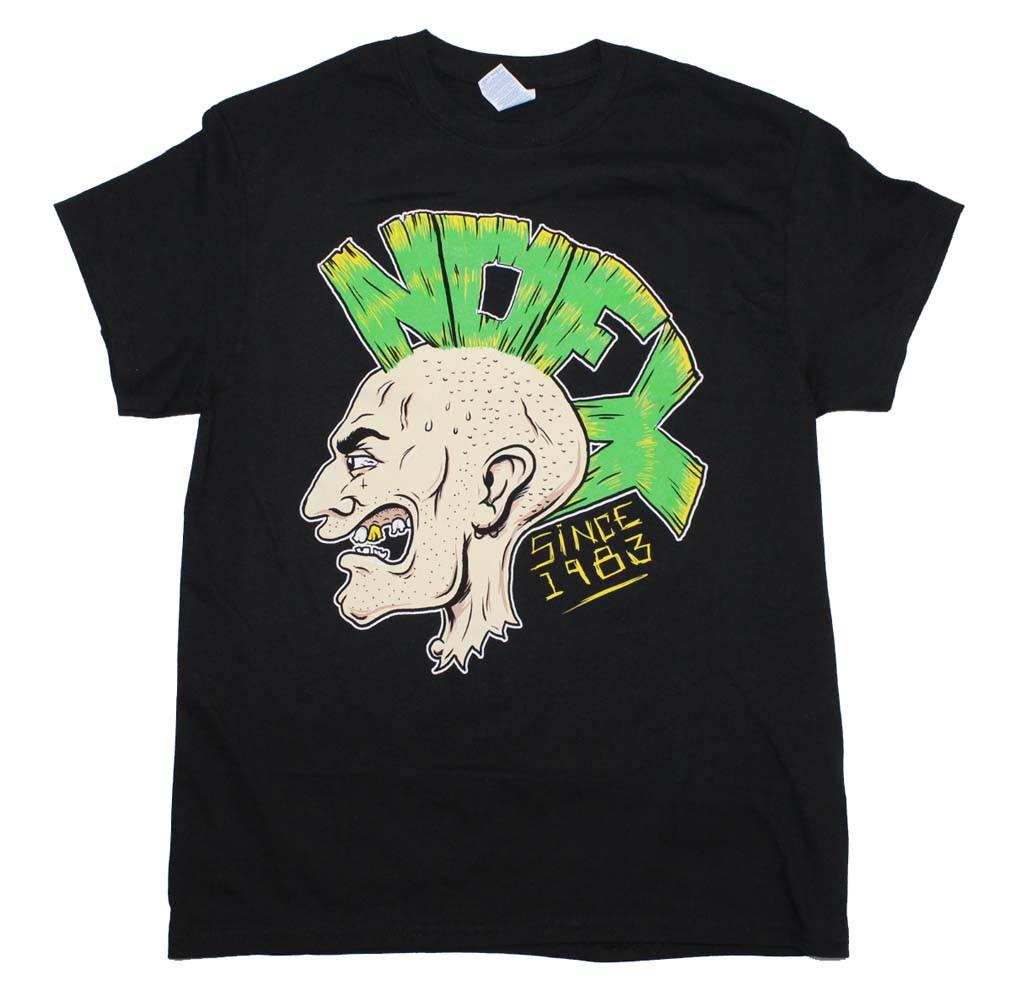

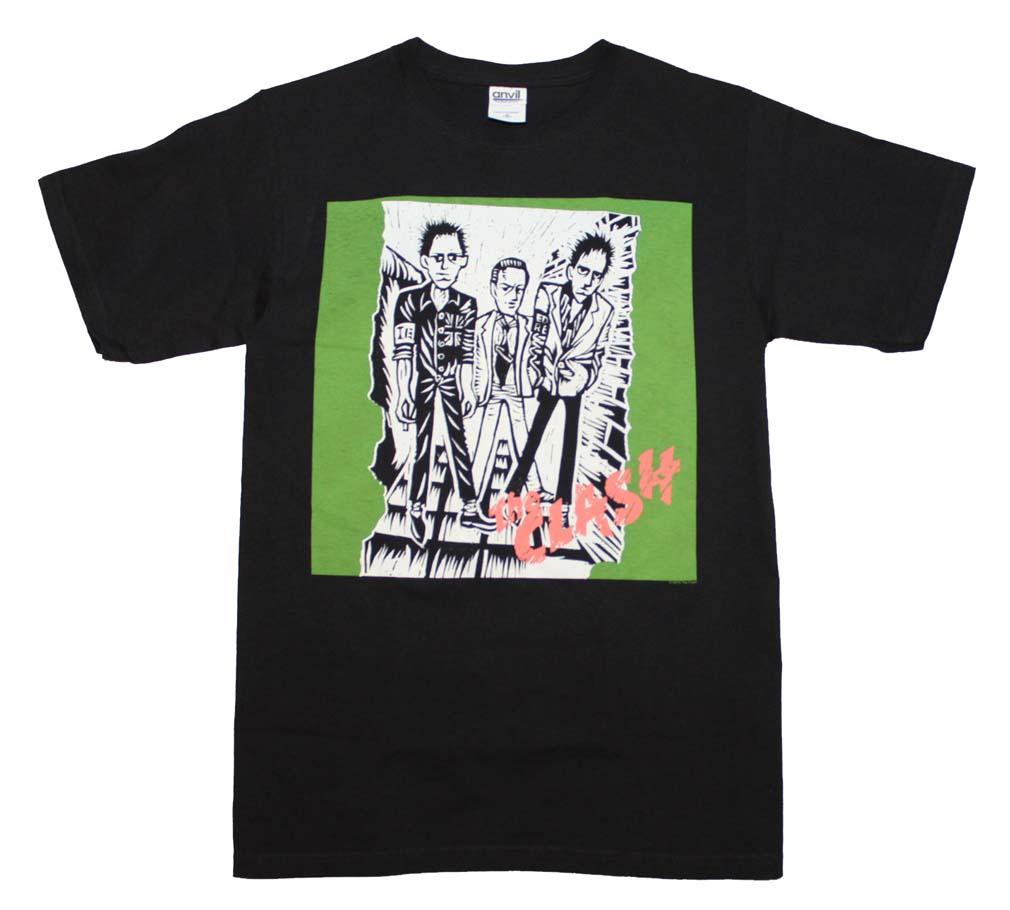
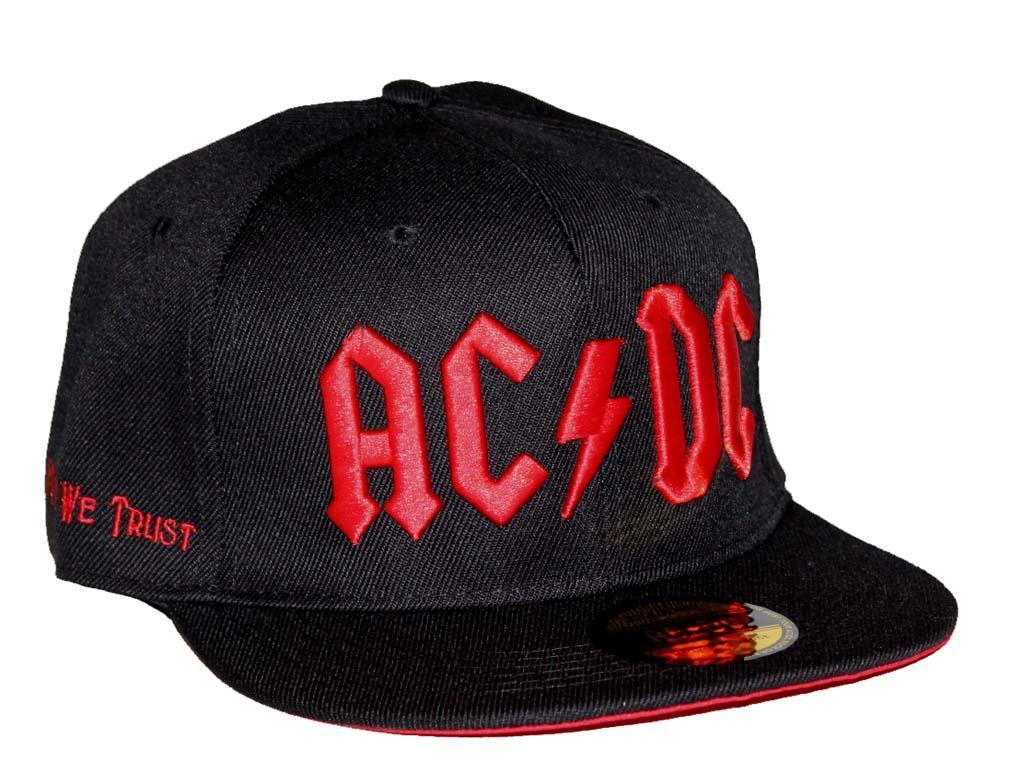


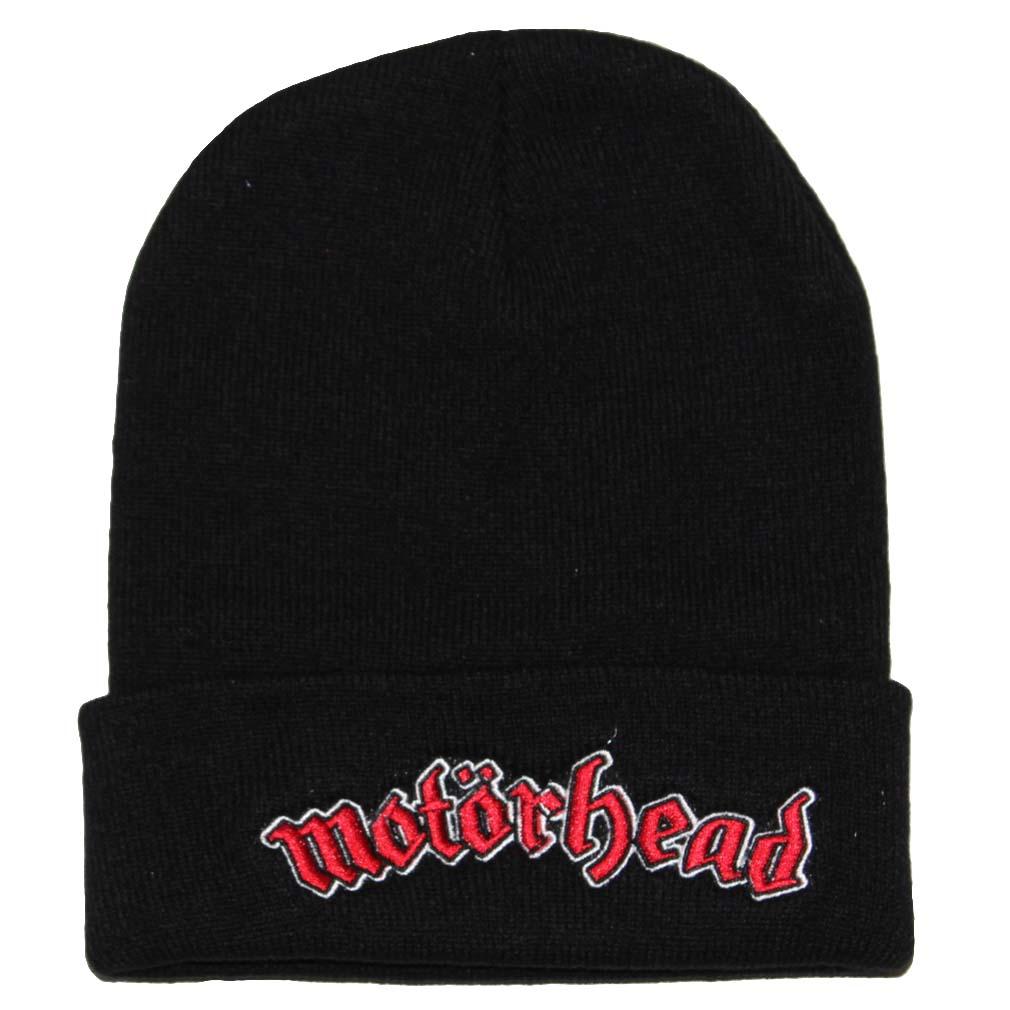
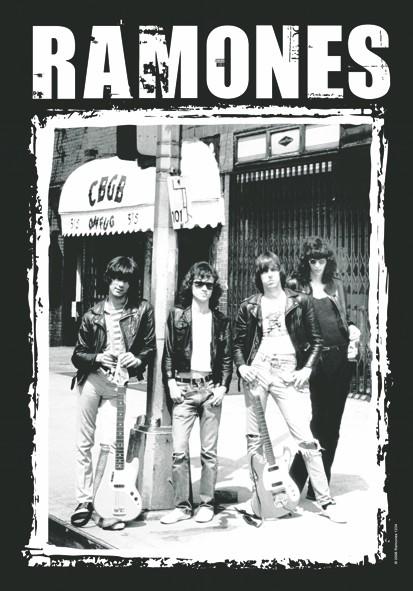
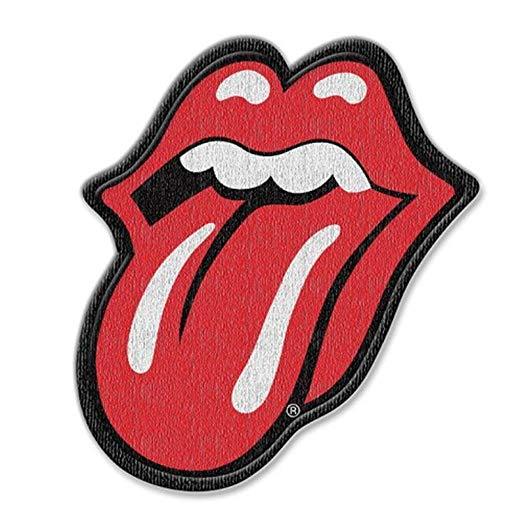

Comments
0 comments